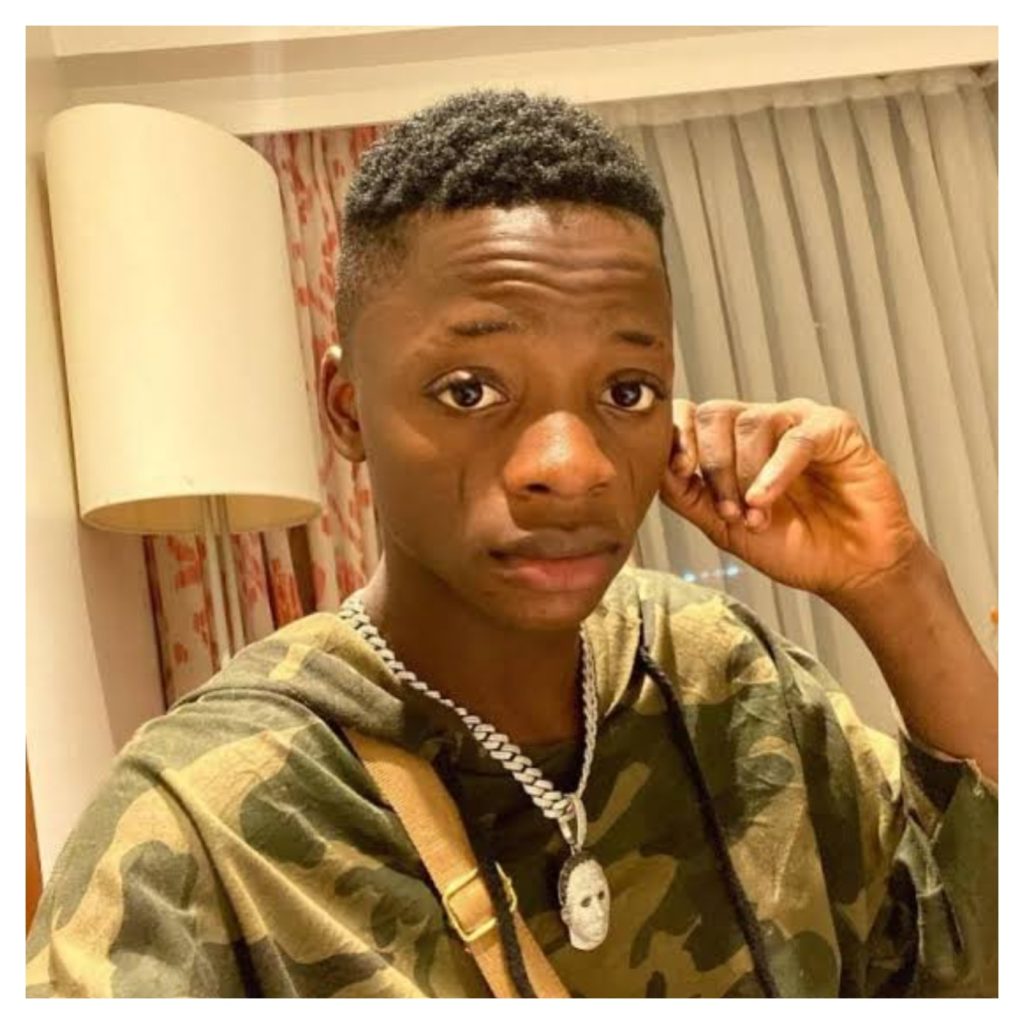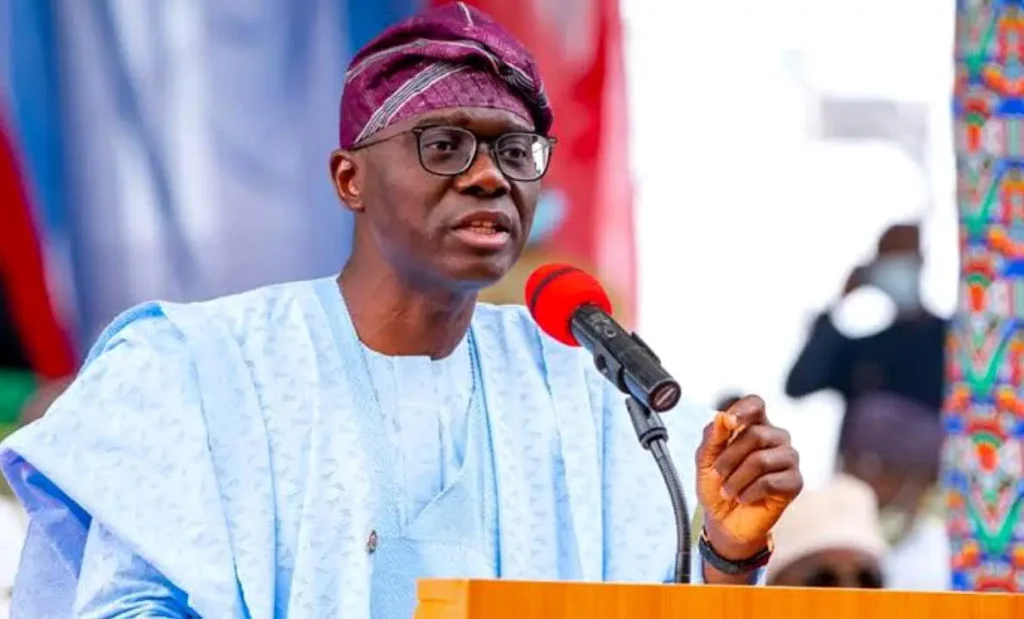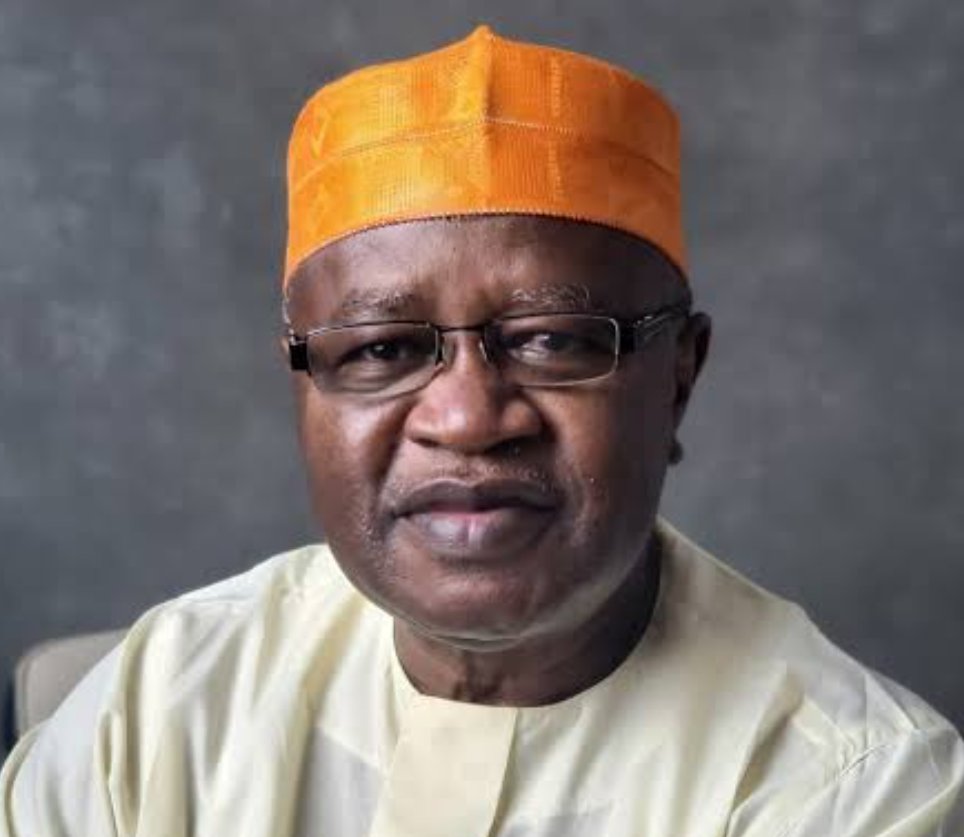Six South African activists who were part of an aid flotilla attempting to reach Gaza have reported being subjected to harsh treatment by Israeli authorities after being detained. The activists, who were among 450 individuals arrested during the interception of the Global Sumud Flotilla, claimed they were singled out due to South Africa’s involvement in a genocide case against Israel at the International Court of Justice.
Upon their return to South Africa, the activists shared their experiences, stating that they were treated more severely than other detainees. Mandla Mandela, a former lawmaker and grandson of Nelson Mandela, attributed this treatment to South Africa’s stance on Israel’s actions in Gaza. “We are a nation that dared through our government to take apartheid Israel to the International Court of Justice and the International Criminal Court and hold them accountable,” Mandela said.
Fatima Hendricks and Zaheera Soomar, two of the detained activists, reported that their hijabs were forcibly removed while in detention, a treatment they claimed was not experienced by other Muslim female activists. Soomar recounted, “Both of us were forced behind a screen, our heads pushed against the wall and completely stripped naked in front of Israeli soldiers. This did not happen to other women.” The activists believe their treatment was directly related to their nationality, with Soomar stating, “When they saw our passports, this is how we were treated as South Africans.”
Israel’s Foreign Ministry has denied allegations of mistreatment, noting that all activists were given the opportunity to voluntarily be deported without detention. The South African government had previously urged Israel to release the detained activists, with President Ramaphosa calling for their freedom.
The Global Sumud Flotilla, consisting of 42 boats, aimed to break Israel’s naval blockade of Gaza and deliver aid to the territory. The interception of the flotilla and subsequent detention of activists has sparked international attention and condemnation. The incident highlights the ongoing tensions between Israel and South Africa, particularly in the context of the genocide case at the International Court of Justice. As the situation continues to unfold, the treatment of the detained activists and the implications of South Africa’s stance on Israel’s actions in Gaza remain significant concerns.



